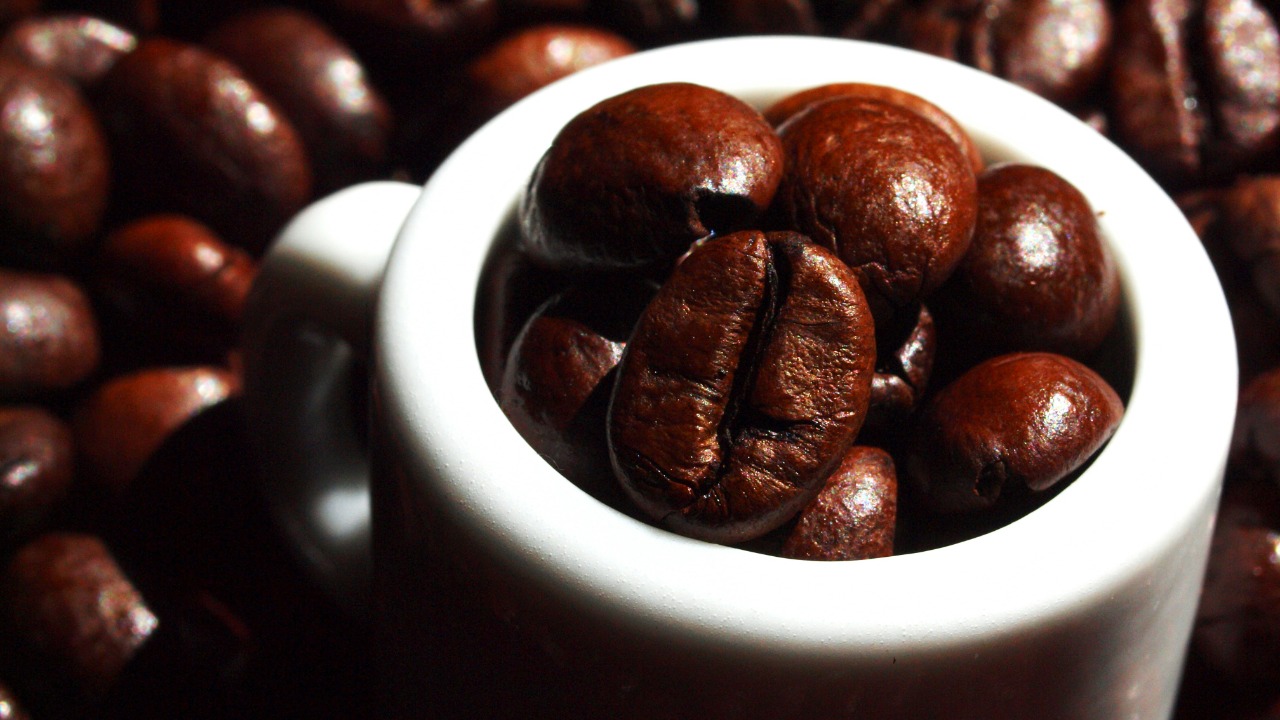
As the world grapples with the escalating threats of climate change, scientists have issued a sobering warning: even aggressive climate fixes, such as geoengineering, may not be enough to safeguard our beloved coffee, chocolate, and wine. A study released on November 4, 2025, underscores that while such interventions could mitigate some warming, they might not address the complex, localized disruptions already harming these crops’ growing regions. This assessment urges a reevaluation of our reliance on technological solutions alone.
Climate Engineering: Promises and Limits
Climate engineering techniques, such as solar radiation management, are designed to curb global temperature rises by reflecting a portion of the sun’s rays back into space. However, the recent study suggests that these methods may not sufficiently protect specific agricultural vulnerabilities despite their broad atmospheric cooling effects. This is because they fail to address the localized disruptions that are already impacting the growing regions of these crops.
Moreover, these techniques could have unintended side effects, such as altered precipitation patterns, which could exacerbate risks for temperature-sensitive crops like coffee, cacao, and grapes. Therefore, while climate engineering holds promise, it is not a silver bullet solution for the challenges posed by climate change.
Coffee’s Vulnerability to Warming Trends
Arabica coffee, the species responsible for the majority of the world’s coffee production, is particularly vulnerable to rising temperatures. Projections indicate up to a 50% loss in key regions like Ethiopia and Latin America by mid-century due to shrinking suitable habitats. Even moderated warming scenarios, as highlighted in the November 5, 2025 report, fail to restore optimal growing conditions for high-quality beans.
Adapting to these changes presents significant challenges. The slow pace of breeding heat-resistant varieties is a particular concern, as it lags behind the accelerating shifts in climate. This mismatch between the rate of climate change and the speed of adaptation poses a significant threat to the future of coffee production.
Cacao Crops Facing Irreversible Shifts
Cacao trees, the source of chocolate, have narrow temperature and humidity tolerances, making them highly susceptible to drought and heat stress. These trees are primarily grown in West Africa and Southeast Asia, regions that are already experiencing the impacts of climate change. The November 4, 2025 study underscores that climate engineering might not counteract soil degradation and pest proliferation intensified by changing weather.
These shifts have significant economic implications for chocolate production, with potential yield drops threatening global supply chains. The potential loss of cacao crops could disrupt the livelihoods of millions of farmers and affect the availability and price of chocolate worldwide.
Wine Grapes and Regional Climate Mismatches
Grapevines in iconic wine-producing areas like Bordeaux, California, and Tuscany are experiencing earlier harvests and altered flavor profiles due to prolonged heatwaves. The November 5, 2025 analysis explains that geoengineering’s global focus overlooks microclimate disruptions critical for terroir-dependent viticulture.
Historical data shows that past climate variability has already impacted wine production, and projections suggest worsened scenarios even under intervention. This mismatch between regional climate needs and global climate engineering solutions underscores the complexity of the challenges facing the wine industry.
Why Technological Fixes Fall Short
The November 4, 2025 study emphasizes non-temperature factors, such as extreme weather events and ocean acidification, that climate engineering cannot fully resolve. Modelled outcomes show that interventions may reduce average warming but fail to prevent tipping points for crop viability.
Scientists in the November 5, 2025 report have criticized the over-reliance on unproven tech without integrated ecosystem restoration. This critique underscores the need for a more holistic approach to climate change mitigation that goes beyond technological fixes.
Broader Strategies Beyond Engineering
Diversified farming practices, like agroforestry, could enhance resilience for coffee, cacao, and grape cultivation. These practices, which integrate trees with crops and livestock, can improve soil health, biodiversity, and climate resilience. The November 4, 2025 study calls for such holistic climate action, emphasizing the need for policy shifts, including sustainable trade policies.
Research into genetic modifications and relocation of cultivation zones could also buffer against persistent risks. However, these strategies must be implemented carefully to avoid unintended consequences. As we face the realities of climate change, it is clear that a multi-pronged approach, combining technological solutions with broader ecosystem strategies, will be necessary to safeguard our beloved coffee, chocolate, and wine.
More from MorningOverview